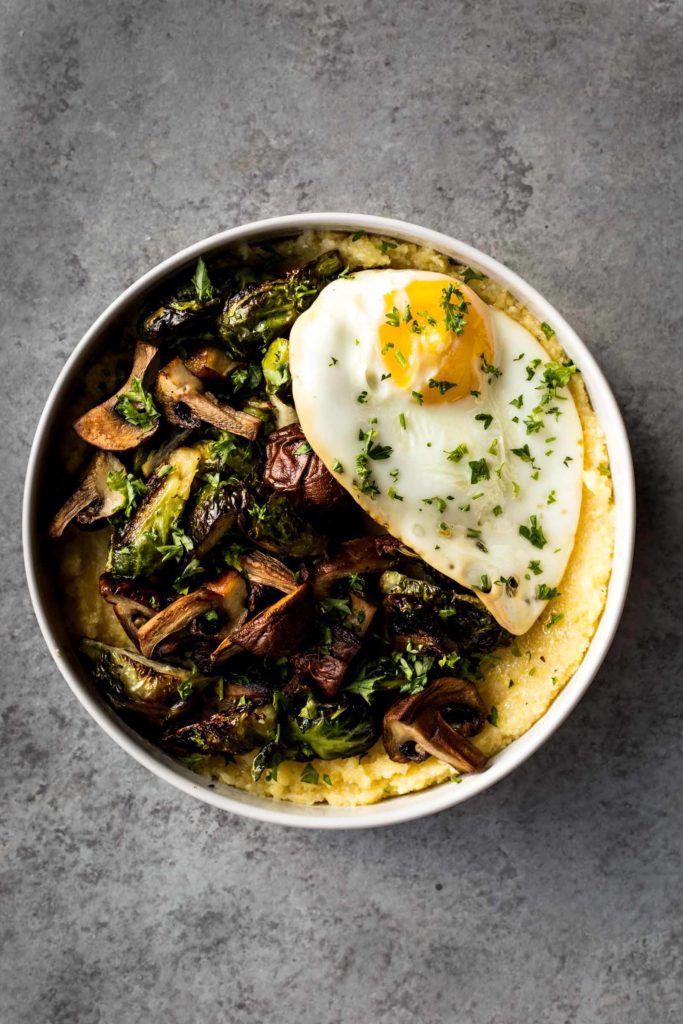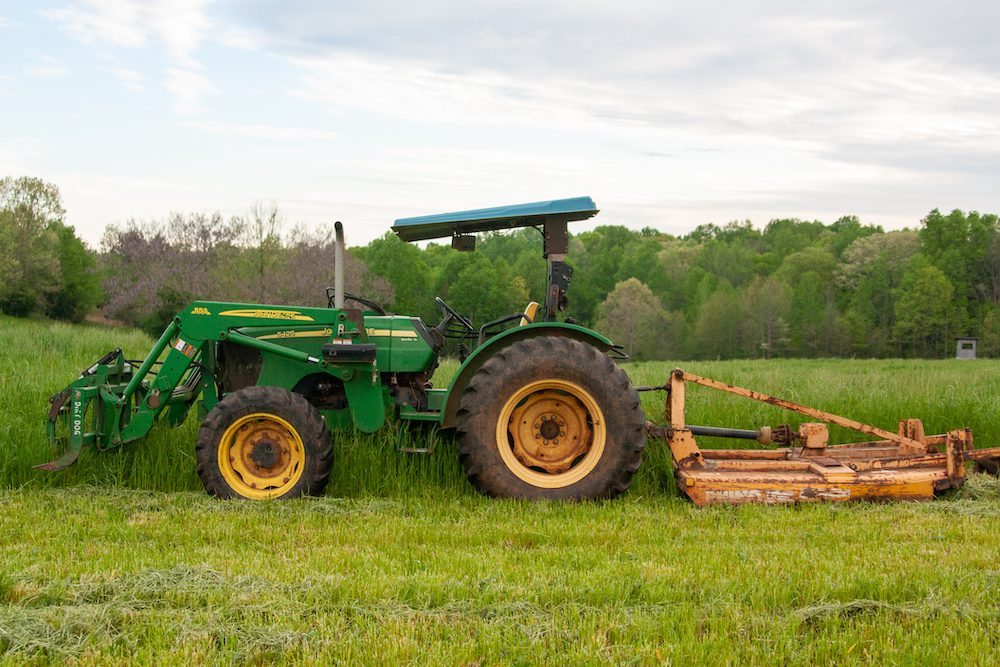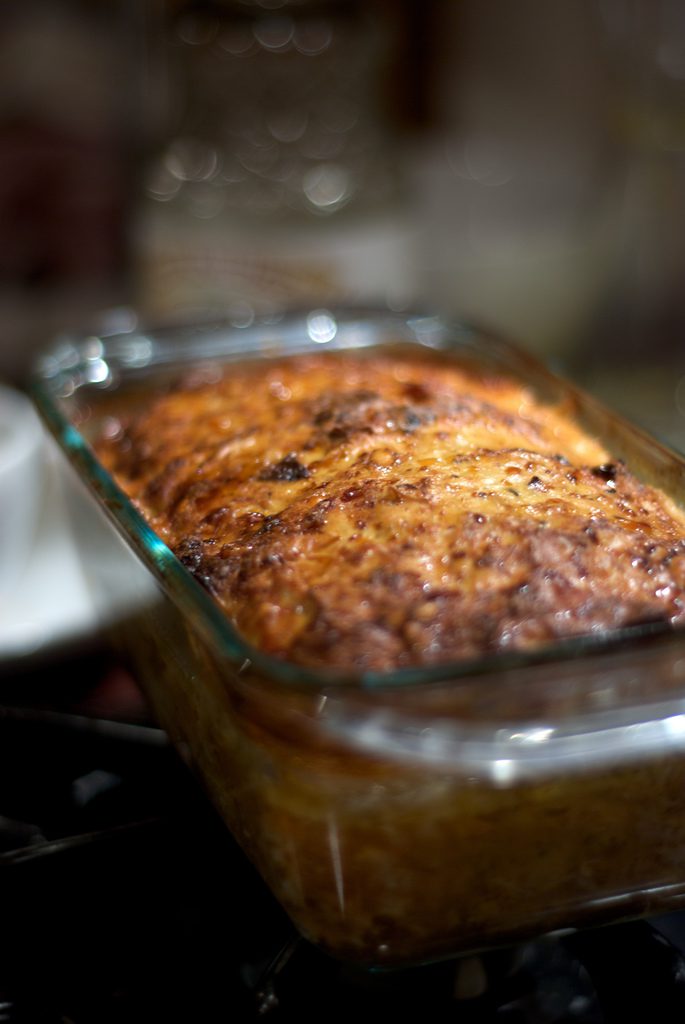People have been preserving food and summer leftovers in their cellars, freezers, and cabinets for…a really long time. We hope to follow in the footsteps of these industrious relatives by sharing some simple preservation tips using only the most common kitchen tools. These methods are not only useful during the end-of-summer season, but can be applied throughout the year with every manner of produce.
Method one: Drying
Dehydration, both simple and safe, is a particularly accessible method for preserving food. For most produce, an actual dehydrator, an oven, or simply air drying by a window can be used. Dehydrated foods can last for months and are easy to rehydrate into a dish or process into a powder.
Here are just a few popular summer items that you can easily make last through the winter:
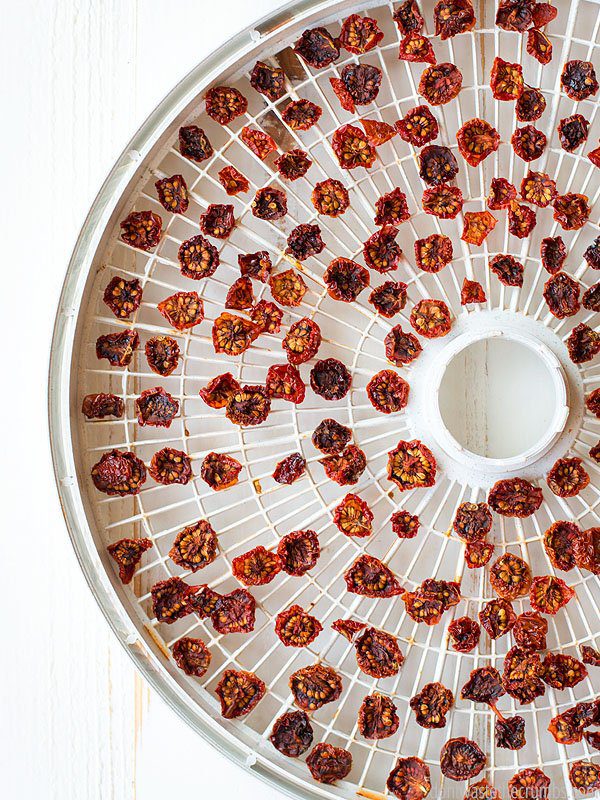
Tomatoes- There are many ways to preserve a tomato. But without a doubt, the most versatile product you can get out of drying these summer snacks is tomato powder. This useful byproduct is the main ingredient for homemade tomato paste, tomato sauce, pizza sauce and tomato soup among many others. Once you halve your cherries or cut your slicers into uniformly thin shapes, just lay them sliced-side up in a dehydrator. Crank it to about 135 degrees and leave for 8 hours. Use your judgement on whether they appear completely dry or not and when they seem to be free of moisture throw them into a blender or food processor until powderized. This will store up to a year in a glass jar in the pantry or even longer in the freezer. Take a look at this blog for more details!
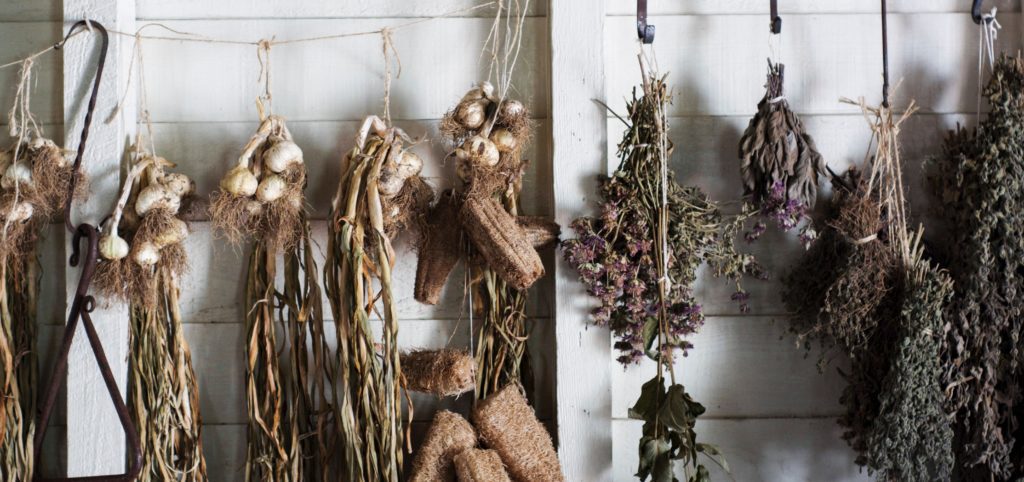
Herbs- Fresh dried herbs can last six months to a year. Why buy pricey dried herbs from far away when you can easily make them at home using the best of our Georgia harvest? Air drying is the easiest method. Just bunch them together with a tie and hang them upside down next to a window in your house or even your car. Once dry, take a mortar and pestle to those babies and throw them in a mason jar for later use. Dried herbs are best stored away from sunlight and direct heat.
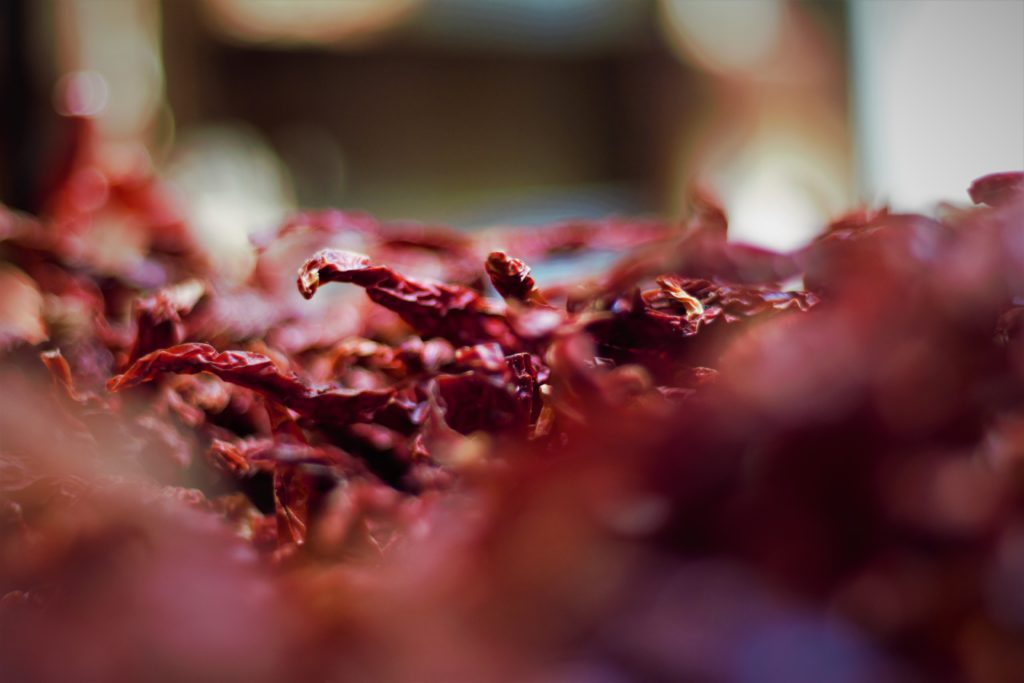
Peppers- Did you know that removing the moisture from peppers intensifies their heat? This year you can enjoy your own homemade pepper flakes, spice powder, or whole dried peppers to rehydrate later. Using a dehydrator at 140 degrees for about 12 hours is your best bet depending on the thickness of the halved peppers you go with. Alternatively, use an oven and a parchment covered baking sheet to dry your peppers (cut-side up) over the course of a few hours at 120 degrees. Be sure to keep the oven door cracked a couple inches and check on them every hour.
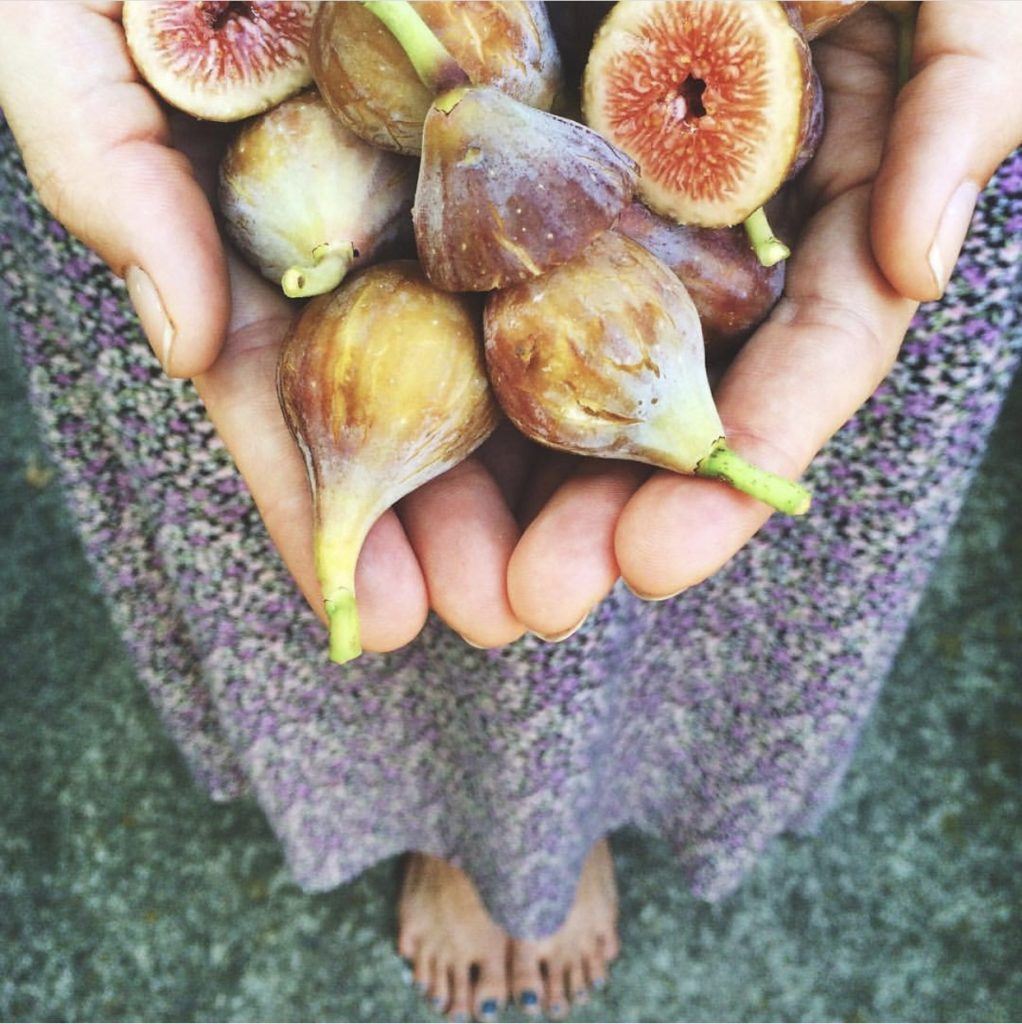
Figs- Local figs are one of the greatest gifts of the summer in Georgia. But they just don’t keep! Cue the dehydrator. This easy method will have you snackin’ on figs for months or even years (depending on the size of your stash). These are a great replacement to raisins or prunes and make a beautiful gift when packaged up in a mason jar. Just wash, remove stems, quarter and dehydrate cut-side up at 135 degrees for about 8 hours.
Method two: Freezing
You’d think freezing produce is completely straightforward. And for the most part, it is. But there are a couple of tricks to this means of preserving food that you don’t want to miss. For instance, to retain color, most produce needs to be blanched (dropped in boiling water then fairly quickly thrown into an ice bath). Also, if you’re freezing fruits whole, be sure to dry them thoroughly before freezing and store in an airtight container. Here are a few of my favorite uses of the freezer when it comes to making the summer last.
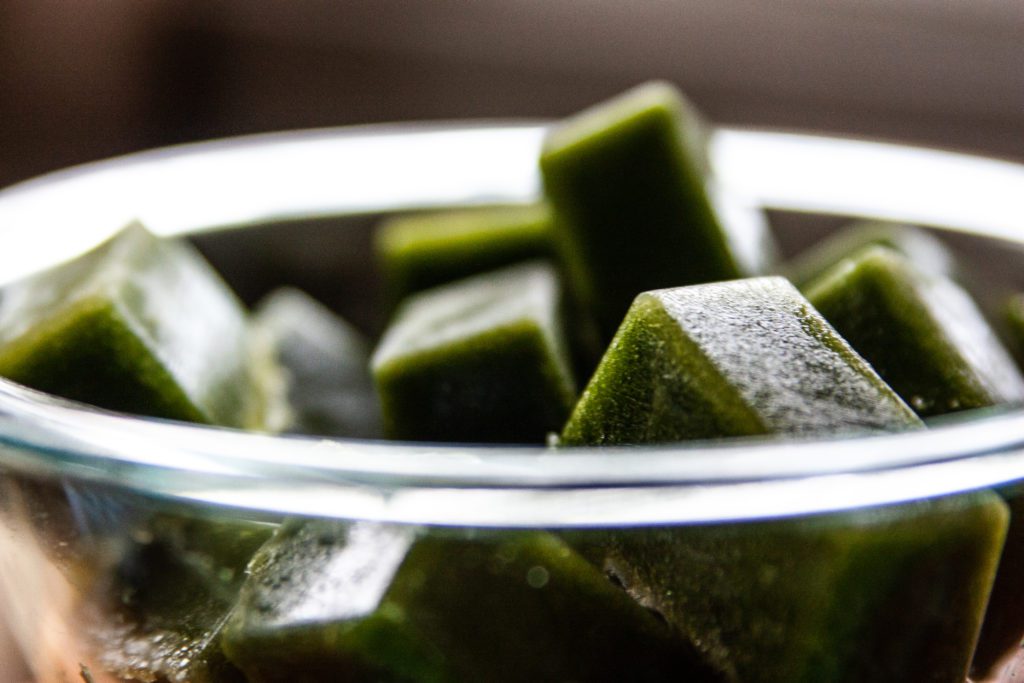
Smoothie Cubes- Got a pile of droopy summer greens in the fridge? Maybe you’ve spied some apples in the crisper on their last leg? The smoothie cube is your answer. All you need is a knife, a blender (We’d recommend a Vitamix), and some ice cube trays to alter the destiny of that mostly forgotten produce that’s been eating at your conscience. This method of preserving food is completely versatile since it works with just about any fruit and vegetable combination you can come up with. Many people enjoy throwing a bunch of spinach, an apple, and a beet into the blender with some water until smooth, then pouring that into an empty ice cube tray to freeze and have world class smoothies overnight!

Frozen Soup Muffins- The Vitamix, Blendtec or a basic food processor is sufficient for making excellent soup out of all those leftover summer veggies and herbs (Here’s one recipe I really like). Once the soup is made to your liking, let it sit until it reaches room temperature then pour into single-serve stackable tupperware containers with lids or muffin trays. Soup freezes great, thaws easily and makes for a wonderful healthy lunch or last second dinner during the colder months of the year.
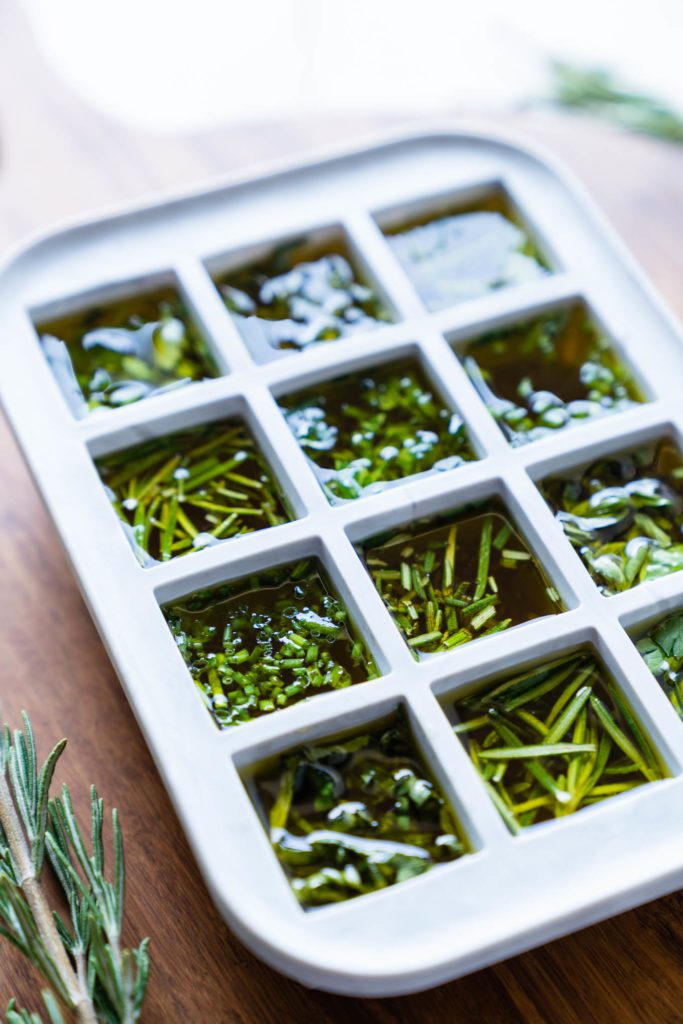
Herbs- Do you find yourself craving pesto in the dead of winter? Easy. Take your summer-fresh basil (you can also add nuts and garlic if using a food processor), chop it up or pulverize it in a processor, then mix in a bit of water or oil to form a paste. Scoop this future game changer into ice cube trays or tupperware and, once frozen, store in a labeled freezer bag or airtight container.
Alternatively, if you’re just looking to preserve the fresh flavor of herbs for year-round cooking, simply add your favorite hard herbs (sage, rosemary, thyme, oregano) to freezer cube trays, cover with olive oil and freeze. When it’s time to saute your winter root veggies you’ll be way ahead of the game!
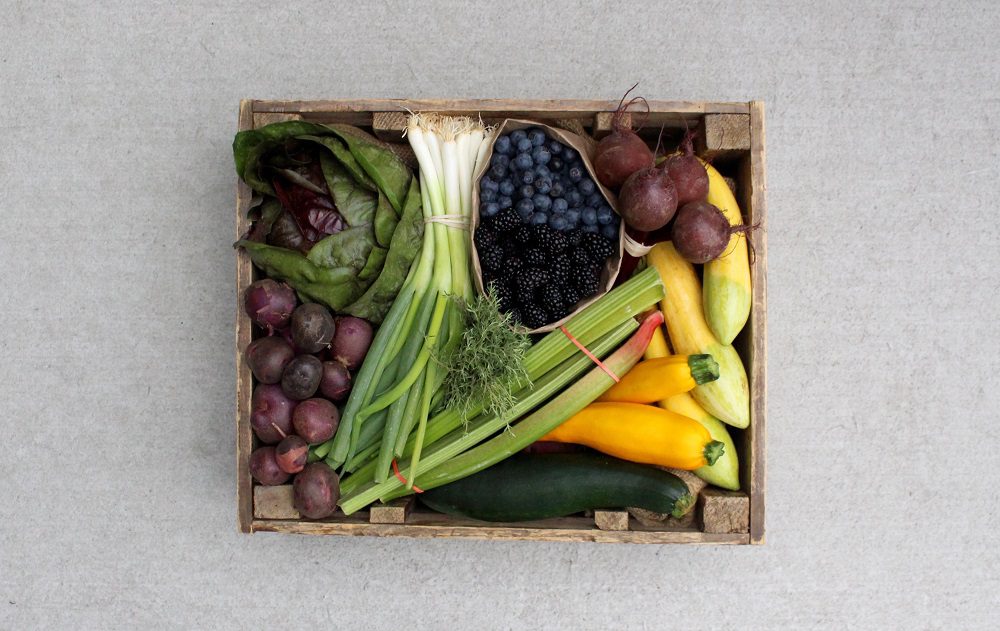
With a box of Georgia’s best summer produce, a little prep time in the kitchen, and a freezer or a dehydrator/oven you can easily start preserving food and make summer last without resorting to out-of-season produce.
Here’s to an everlasting summer!


